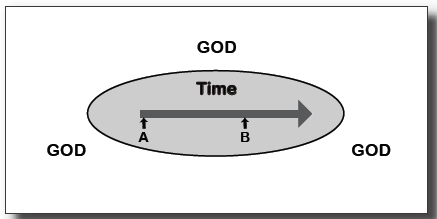Jesus is called "the Son of the Most High (God)" (definite article the), as if it were a title that belongs exclusively to him:
30 And the angel said to her, “Do not be afraid, Mary, for you have found favor with God. 31 And behold, you will conceive in your womb and bear a son, and you shall call his name Jesus. 32 He will be great and will be called the Son of the Most High. And the Lord God will give to him the throne of his father David, 33 and he will reign over the house of Jacob forever, and of his kingdom there will be no end.” [Luke 1:30-33, ESV]
6 And when he saw Jesus from afar, he ran and fell down before him. 7 And crying out with a loud voice, he said, “What have you to do with me, Jesus, Son of the Most High God? I adjure you by God, do not torment me.” [Mark 5:6-7, ESV]
A very similar title, "the Son of the living God", is said of Jesus in Matthew 16:15-17:
15 He said to them, “But who do you say that I am?” 16 Simon Peter replied, “You are the Christ, the Son of the living God.” 17 And Jesus answered him, “Blessed are you, Simon Bar-Jonah! For flesh and blood has not revealed this to you, but my Father who is in heaven. [Matthew 16:15-17, ESV]
However, in Psalm 82 the title is applied to multiple individuals (who by the way are regarded as gods):
6 I said, “You are gods, sons of the Most High, all of you; 7 nevertheless, like men you shall die, and fall like any prince.” [Psalms 82:6-7, ESV]
Question: What does it mean to be (a/the) Son of the Most High (God)? Is there any difference between the sonship of Jesus (Luke 1:30-33; Mark 5:6-7; Matthew 16:15-17) and the sonship of the gods, sons of the Most High (Psalms 82:6)? Does the fact that Jesus is called the Son of the Most High (definite article the) denote that his sonship is in some sense special/unique?
